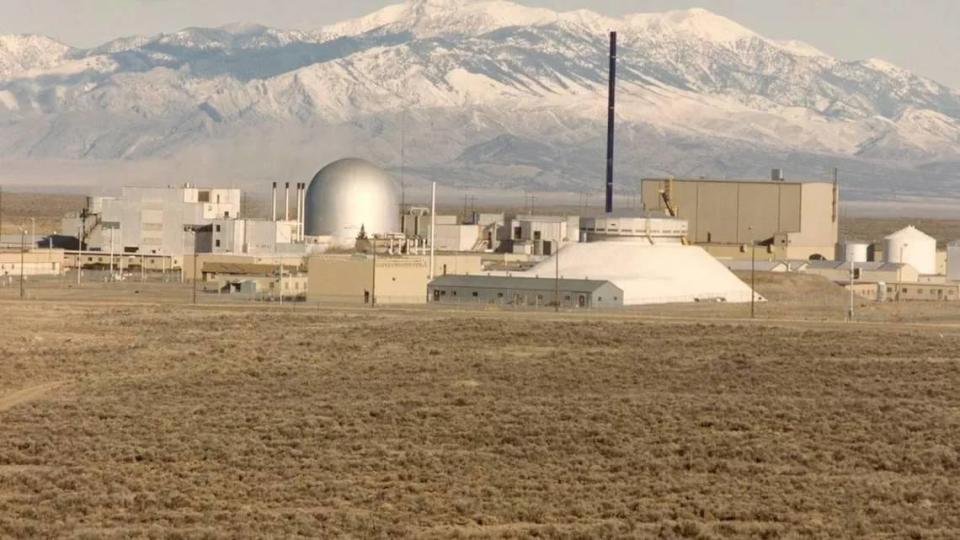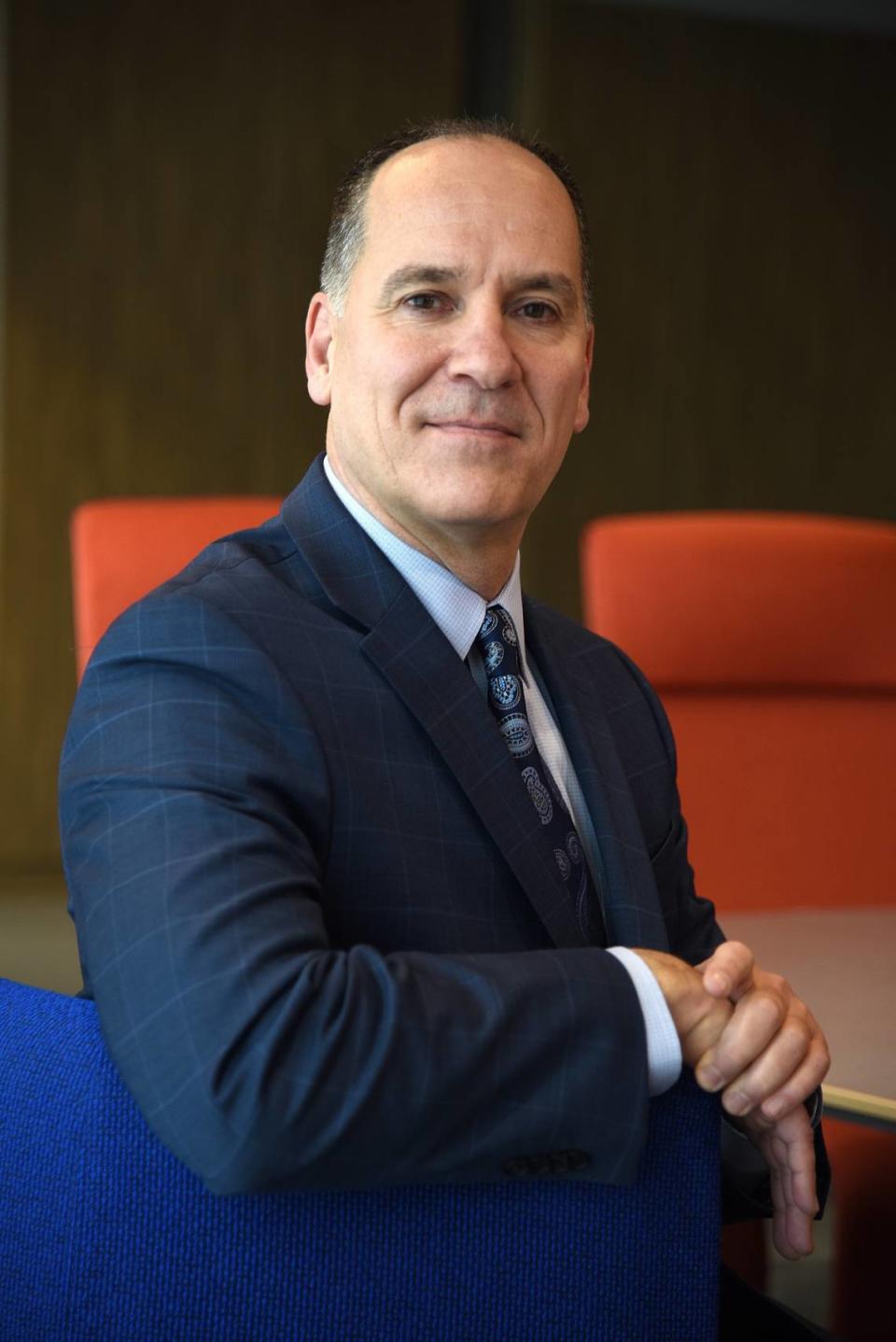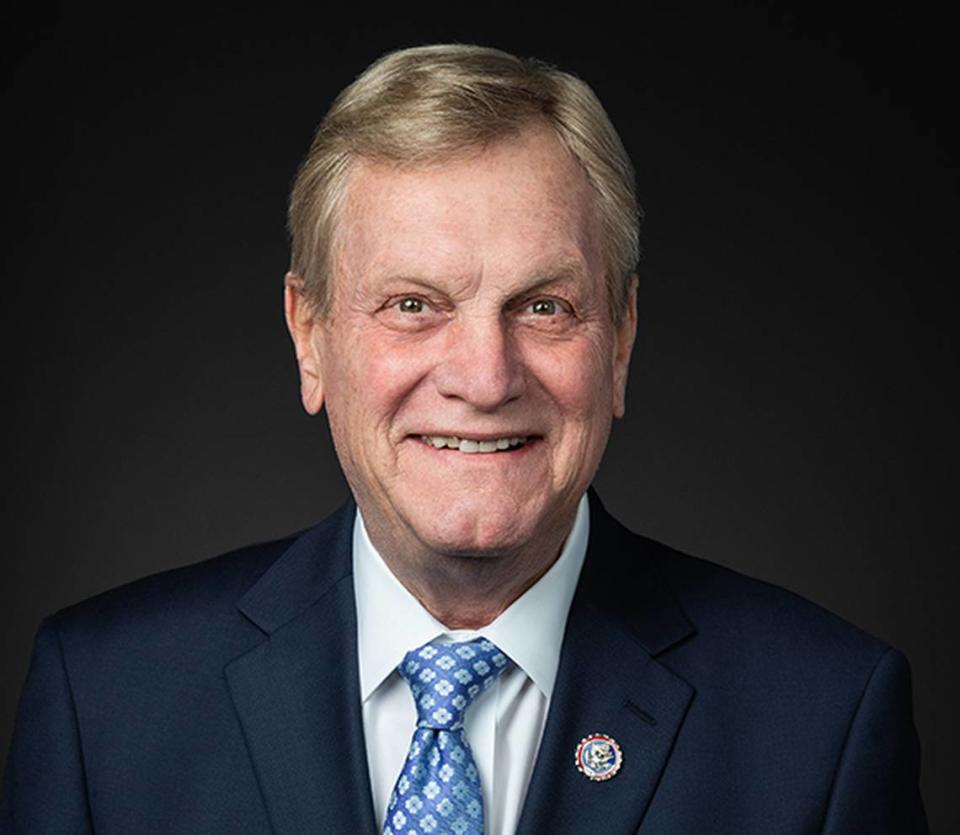From keeping the lights on to keeping you safe, this laboratory has played a key role | Opinion
Throughout 2024, the Idaho National Laboratory will celebrate its 75th anniversary. Established in 1949 as the National Reactor Testing Station, researchers at the Idaho site have conducted groundbreaking science that has powered American prosperity while ensuring national security and environmental stewardship. INL, and the many people who have worked at the laboratory, have made the world a better place.
And that’s truly what matters. When we talk about 75 years of achievement, we are not celebrating longevity. We are bringing attention to technological advancements that have improved the lives of people in America and worldwide.
Here are just a few of INL’s signature achievements.
The United States nuclear Navy began with work conducted at INL and continued with the training of thousands of Navy officers at the desert site. INL’s work with the Navy has advanced the nuclear reactors powering our submarines to the point where the reactors run for the life of the ship and no longer require frequent and expensive refuelings.
The nuclear energy industry, born out of experiments performed at 52 reactors at INL, produces nearly 20 percent of America’s electricity and approximately half of our emissions-free electricity. INL works to extend the lives of America’s high-performing nuclear reactor fleet while helping develop the next generation of advanced reactors needed to power our nation for decades to come.
INL leads research and development efforts to protect our nation’s critical assets from cyber and physical threats, and cybersecurity remains a rapidly growing area of work at the laboratory.
It’s been an incredible 75 years at the Idaho site, the product of partnerships that are only possible when Americans of all backgrounds and beliefs come together in a common cause to achieve important outcomes on behalf of our nation.
Think about all that goes into establishing and operating a national laboratory that takes on unique national security and clean energy challenges — the levels of cooperation needed from Congress, the U.S. Department of Energy (DOE), the site contractor, and representatives from local, state, and regional government, industry and academia.
The work conducted at INL, and the other 16 national laboratories, exemplifies the incredible things America can achieve. This is our nation at its best. It’s the reason our national labs are considered America’s crown jewels and the envy of nations around the world.
The relationship between INL and the state’s congressional delegation has been remarkable, a cooperative effort that has built INL into a $2 billion annual enterprise with more than 6,000 full-time staff members.
This was evident in the early 2000s when, at a critical point in the lab’s history, Idaho’s congressional delegation worked with Gov. Dirk Kempthorne to split cleanup and research missions into separate management contracts, convinced our congressional colleagues to designate INL the nation’s nuclear energy research and development laboratory, and put INL on the path to becoming the premier research and engineering institution it is today.
That partnership continues to bear fruit. Idaho’s delegation — with key committee assignments including on the House Energy, Water Development, and Related Agencies Appropriations Subcommittee — has worked with Gov. Brad Little, the state legislature, local government officials, DOE, and many others to usher in a new era of scientific discovery and technological advancements at INL. Consistent support in federal appropriations bills has enabled INL to build the infrastructure required to be the center for testing and demonstrating advanced nuclear reactors, including the pending operation of the first new nuclear reactors on the INL site in half a century.
While we are proud of all that has been achieved in the last 75 years and grateful to those who have worked at INL and made this possible, both of us believe the best is yet to come.
In a world where new challenges arise every day and old ones constantly evolve, we are proud to be part of the effort to find resolutions in science and technological advancement and make the world safer, cleaner, and more prosperous for future generations.
John Wagner, Ph.D., is the director of Idaho National Laboratory. U.S. Rep. Mike Simpson is a Republican who represents the 2nd Congressional District.




